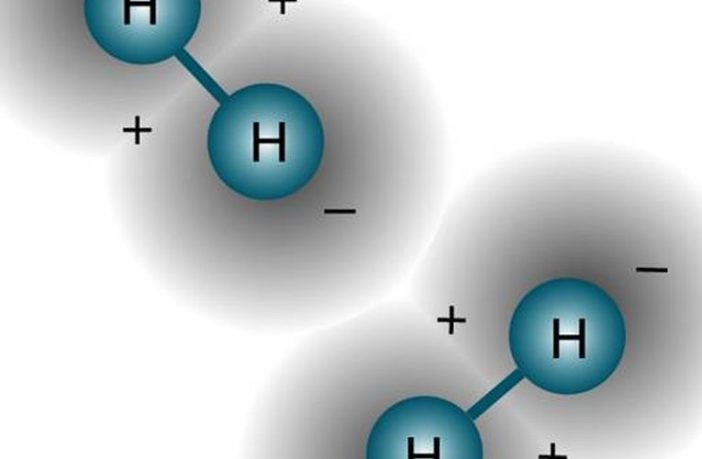The new report reveals that extending the use of green hydrogen to residential heating and road transport sectors risks supersizing the energy infrastructure, adding up to +36% of investment costs.
A new report Towards Fossil-free Energy in 2050, commissioned by the European Climate Foundation reveals that green hydrogen may not necessarily be the most cost effective clean energy option. The finding is largely due to the prohibitively expensive infrastructure investment in the urban environment.
Green hydrogen has been punted as the best battery back-up solution to provide base load power for utility scale demand from renewable energy sources like wind and solar Pv. However, the new report reveals that extending the use of green hydrogen to residential heating and road transport sectors risks supersizing the energy infrastructure, adding up to +36% of investment costs.
The findings, on the economics and energy system implications of green hydrogen, underline the need for careful use of green hydrogen, avoiding competition with smart electrification and buildings efficiency.
The costs of storing hydrogen, developing electrolyzers and repurposing and maintaining gas networks are cited as the main reasons for higher costs. The report states that “Savings in electricity infrastructure (-22%) from using more green hydrogen are outweighed by the additional investments that would be required for electricity generation to produce them (+16%) and gas network upgrades and maintenance (+248%)”.
This report is the outcome of a year-long effort of deep analytical work, conducted by Element Energy and Cambridge Econometrics, which aimed to assess the feasibility of a fully decarbonized EU energy system by 2050.
The report also finds that several different configurations of fossil-free energy system are feasible in Europe and each comes with socio-economic benefits when compared to a current-policies baseline. But clear infrastructure choices and robust policies are required to steer the transition in ways that keep the economy competitive.
The report identifies three features of a fossil-free energy system that are common to all possible configurations namely; buildings efficiency, a combination of clean and smart electrification plus energy storage for seasonal demand from renewable sources.
The findings, on the economics and energy system implications of green hydrogen, underline the need for careful use of green hydrogen, avoiding competition with smart electrification and buildings efficiency.
Author: Bryan Groenendaal
Read the full report















